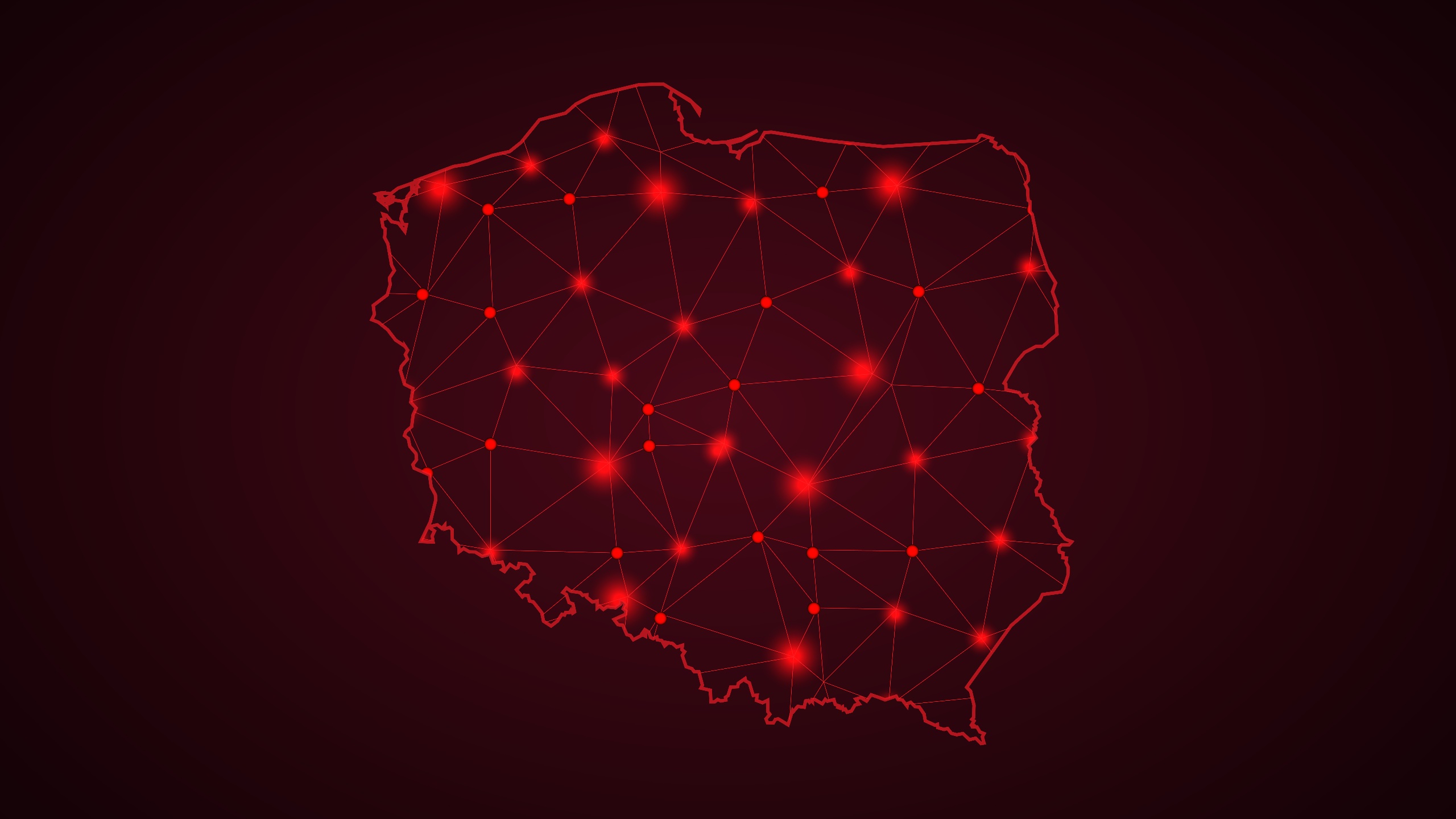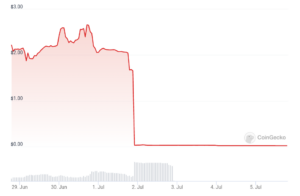
The Centrist Civic Platforms (PO), Poland’s largest opposition party, is facing heavy criticism for using election campaign ads of the prime minister’s speech clips manipulated by artificial intelligence.
The Polish parliamentary election 2023 is scheduled to be held on Oct. 15 to elect members of the Sejm and Senate.
Lektor wygenerowany przez AI
— PlatformaObywatelska (@Platforma_org) August 24, 2023
“Guided by the content of the positive opinion of the National Electoral Commission just received regarding the proposed date of elections to the Sejm and Senate, I decided to order these elections for Oct.15, 2023,” reads the raw translation of the election date announcement by President Andrzej Duda.
Also read: Could AI Sway the Next Presidential Election?
As the election approaches, the PO has been heavily criticized for using an AI-manipulated ad. Representatives of the Party have been forced to admit and clarify that additional material was added to the content of the advertisement.
Extreme criticism of PO
“Regular deepfake. The platform has nothing real in its campaign,” replied Polska Suwerenna (Sovereign Poland), a Catholic-nationalist party, to the PO’s tweet.
Lektor wygenerowany przez AI
— PlatformaObywatelska (@Platforma_org) August 24, 2023
“And where is the indication in the film and video that the voice is generated by AI?” MAGOG questioned.
Mateusz Morawiecki’s voice is generated in such a way that the recipient immediately knows that it is a generated voice; besides everything, even a child knows that Morawiecki does not read his e-mails to Dworczyk aloud, but you should definitely mark this synthesized voice clearly.
Not just the criticism, but some Twitter users have even been alarmed about the issue of fake falsifying statements because people who watch such manipulated videos outside of X will not read the comment to understand if that’s real or fake.
“A large part of people will watch this video provided by others, also from outside X, so they will not read that the comment is generated by AI. Such practices create a precedent for falsifying statements by politicians, even as part of a campaign. You should sit for something like this,” reads a user’s reply to the PO’s tweet.
‘AI-generated content should be clearly marked’
The controversial video featured a combination of authentic footage showing Prime Minister Mateusz speaking and audio clips resembling Morawiecki’s voice reading excerpts from leaked emails allegedly from the inbox of the prime minister’s former chief of staff, Michał Dworczyk.
While the government has accepted the hacking of Dworczyk’s inbox, it has declared that some of the leaked material is fabricated. However, it has declined to confirm the authenticity of specific emails.
👉 W poniższym spocie, do wygenerowania głosu @MorawieckiM została użyta sztuczna inteligencja.
🤖 Już od pewnego czasu zwracamy uwagę na to, jakim zagrożeniem dla społeczeństwa mogą być #deepfake.
– Teraz wyobraźmy sobie, że do tego dochodzi jeszcze prawdziwy głos polityków… https://t.co/ire4TAkEas— 🔎 DEMAGOG (@DemagogPL) August 24, 2023
The opposition party PO aimed to showcase the contrast between Morawiecki’s public emphasis on the unity of the United Right Coalition and the private messages that exposed tensions, specifically between him and Justice Minister Zbigniew Ziobro.
“When a voice clone is made, it should be marked in the post itself to make it clear that this recording was made using AI,” tweeted Aleksandra Przegalińska, a professor at Kozminski University in Warsaw specializing in new technologies.
“Not nice. AI-generated content should be tagged, especially already like this,” replied Michał Podlewski.
Podlewski has further raised the issue of ethical consideration.
The mere cloning of someone’s voice without their consent raises ethical doubts, but as we can read in the regulations of ElevenLabs (the market leader), it is allowed in certain cases, e.g., caricature, satire, private research, quoting, or political speech…,” tweeted Podlewski.
AI poses the real challenge to the election campaign by allowing easy cloning, and it looks like just the beginning as more vital political battles on the ballot are approaching.
- SEO Powered Content & PR Distribution. Get Amplified Today.
- PlatoData.Network Vertical Generative Ai. Empower Yourself. Access Here.
- PlatoAiStream. Web3 Intelligence. Knowledge Amplified. Access Here.
- PlatoESG. Automotive / EVs, Carbon, CleanTech, Energy, Environment, Solar, Waste Management. Access Here.
- PlatoHealth. Biotech and Clinical Trials Intelligence. Access Here.
- ChartPrime. Elevate your Trading Game with ChartPrime. Access Here.
- BlockOffsets. Modernizing Environmental Offset Ownership. Access Here.
- Source: https://metanews.com/polands-opposition-party-condemned-for-using-ai-generated-deepfake-in-election-ad/
- :has
- :is
- :not
- :where
- 13
- 15%
- 2023
- 24
- 9
- a
- About
- accepted
- Ad
- added
- Additional
- admit
- Ads
- Advertisement
- AI
- aimed
- alarmed
- allegedly
- allowed
- Allowing
- already
- also
- an
- and
- Announcement
- approaches
- approaching
- ARE
- artificial
- artificial intelligence
- AS
- At
- audio
- Authentic
- authenticity
- ballot
- battles
- BE
- because
- been
- Beginning
- besides
- between
- but
- by
- Campaign
- CAN
- cases
- certain
- challenge
- chief
- child
- Civic
- clear
- clearly
- clips
- coalition
- combination
- comment
- commission
- Condemned
- Confirm
- consent
- consideration
- content
- contrast
- controversial
- create
- criticism
- Date
- decided
- definitely
- do
- does
- doubts
- e
- easy
- Election
- Elections
- emails
- emphasis
- especially
- ethical
- Even
- everything
- exposed
- facing
- fake
- featured
- Film
- For
- Former
- from
- further
- generated
- Government
- hacking
- Have
- heavily
- heavy
- Held
- him
- his
- However
- HTTPS
- i
- if
- immediately
- in
- indication
- Intelligence
- issue
- IT
- ITS
- itself
- just
- Justice
- large
- largest
- leader
- like
- LOOKS
- made
- make
- manipulated
- mark
- marked
- Market
- Market Leader
- material
- Members
- mere
- messages
- more
- National
- New
- New technologies
- next
- nice
- nothing
- Oct
- of
- on
- Opinion
- opposition
- or
- order
- Others
- outside
- Parliamentary
- part
- party
- People
- platform
- Platforms
- plato
- Plato Data Intelligence
- PlatoData
- PO
- Poland
- Polish
- political
- Politicians
- poses
- positive
- Post
- practices
- Precedent
- president
- presidential
- presidential election
- Prime
- prime minister
- private
- Professor
- proposed
- provided
- public
- raised
- raises
- Raw
- Read
- Reading
- real
- received
- recording
- regarding
- regulations
- Representatives
- research
- resembling
- right
- scheduled
- Senate
- should
- showcase
- sit
- So
- some
- something
- sovereign
- speaking
- specializing
- specific
- specifically
- speech
- Staff
- statements
- such
- Sway
- Technologies
- tensions
- that
- The
- their
- These
- they
- this
- to
- true
- tweet
- understand
- United
- unity
- university
- users
- using
- Video
- Videos
- vital
- Voice
- W
- Warsaw
- was
- Watch
- Way..
- we
- WHO
- will
- without
- X
- You
- zephyrnet













